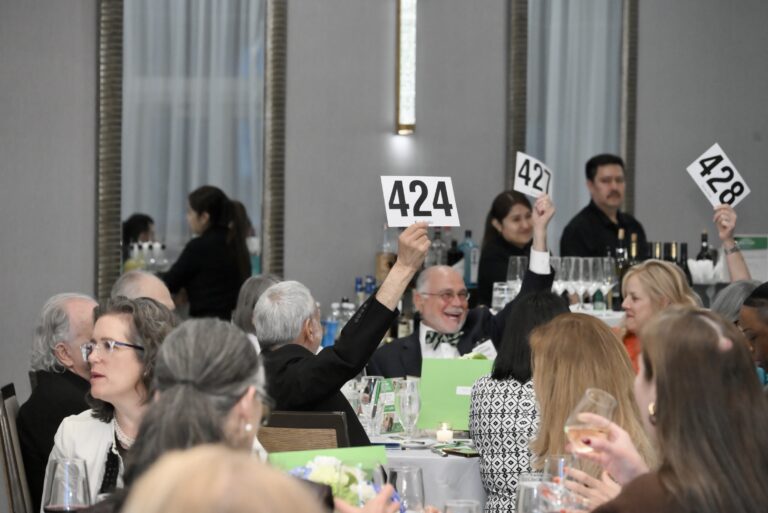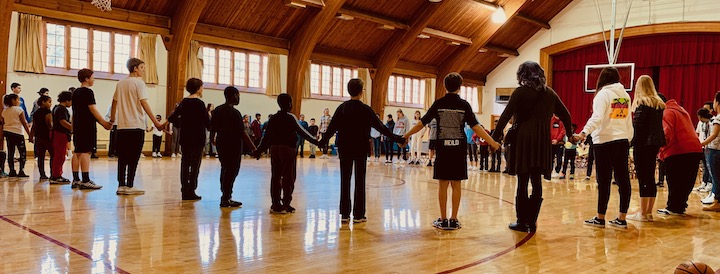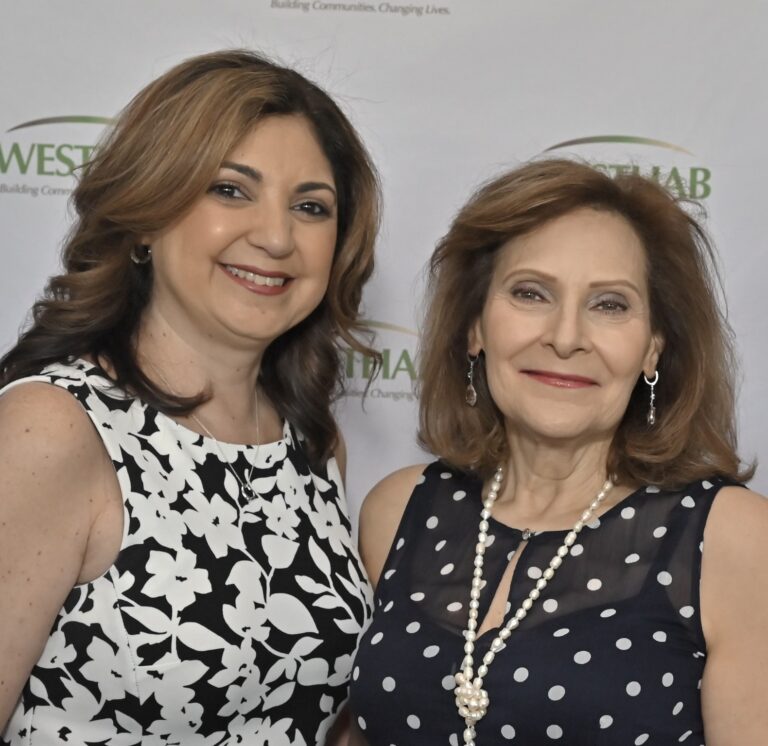
Defining Essential in the New COVID-19 Reality

I hope that everyone reading this is well, taking proper precautions, and staying safe. Our world has changed dramatically in the last two weeks, and we’ve learned a lot very quickly. We’ve begun using terms like social distancing and self quarantining. We’ve had to examine what is really essential in our lives.
Today, New York State implemented a 100 percent work-from-home policy for non-essential businesses. Westhab, of course, provides essential services. Residential programs and shelters never close; these are people’s homes. This also means that our core on-site staff—case managers, security, facilities—all need to be at work, interacting with the people in our care. And our staff behind the scenes—finance, IT, human resources—all need to support the frontlines to keep operations flowing.
Our staff are pushed to the limit on a good day. They work with vulnerable people presenting urgent needs year-round. We are often under-resourced, with staff expertly working their magic to deliver for the people we serve. Then add a disruption the scope of COVID-19. How do we appropriately take care of our staff and clients? How do we implement new protocols to improve the safety of everyone when certain environments offer little to no opportunity for social distancing?
We’ve made an incredible transformation this week—implementing new safety and cleaning protocols, eliminating all office work that can be accomplished from home, creating contingency plans, ensuring supply chains of food and essentials. It is likely this will be a prolonged reality with constantly changing protocols.
So, what is really essential? I think many people’s answer would be different than it was just a couple of weeks ago. It is essential to house our neighbors who are homeless. It is essential to feed those who are hungry. Childcare providers are essential. We’ve revealed others who are truly the fabric of our society—grocery store workers, transit workers. Haircuts and happy hours seem very trivial and unnecessary at the moment.
We are all being told to stay home, but look at who needs to still go to work. It is quite often lower-paid, more underappreciated jobs. Would anyone argue if, after this crisis, we proposed a 300 percent salary increase for nurse’s aides? How about grocery store cashiers? Is it too early to suggest that these same people should have the opportunity to live affordably near their jobs so that they can rise to the occasion to take care of all of us again in future times like these?
The rapid changes that have occurred in our lives this week have also revealed how much we truly need and thrive off human interaction. I often interact with a few hundred people in the course of the day. My new reality is three—my wife and daughters. Family time is worth cherishing right now, but we are all getting a bit stir-crazy, and it is only week one.
For now, let’s thank those working in shelters, food banks, childcare centers, grocery stores, public transportation, and, of course, hospitals. Let’s think about what is truly essential. Let’s take care of each other. I am indebted to those at Westhab and throughout the community who are on the front lines, who enable the rest of us to heed the advice—stay home, stay calm, and stay safe.

